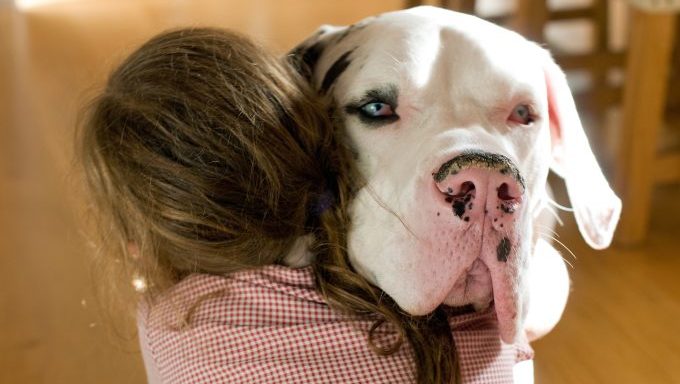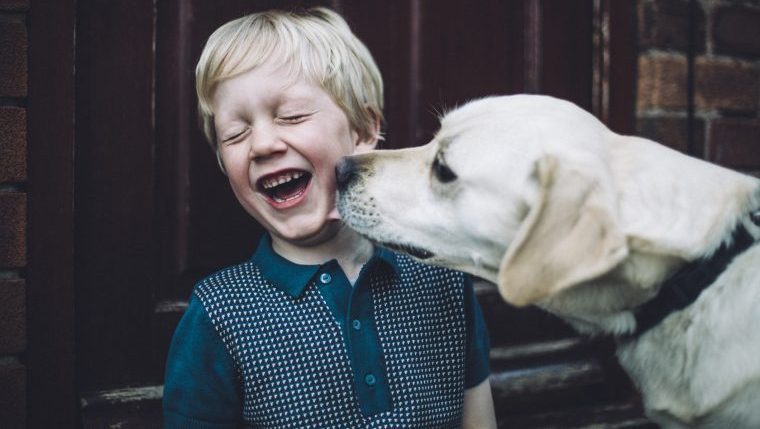
According to Autism Speaks, an organization dedicated to advocacy for those with autism, autism spectrum disorder (ASD) refers to a range of conditions characterized by repetitive behaviors, speech, social skills, and nonverbal communication challenges. It…









